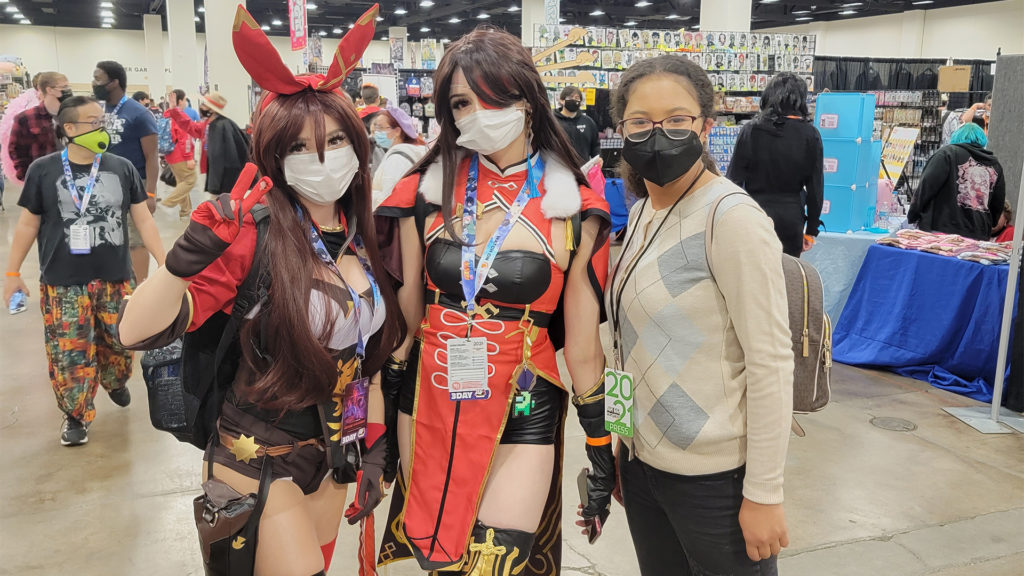For members of Generation Z, most of us can share with you when our first interaction with anime was. Maybe it was playing one of the many Pokémon games that we grew up with. Or maybe it was watching an episode of Pokémon or Dragonball Z. The reality is that Gen Z has grown up with constant access to animation and anime across all the media platforms and technology that we utilize. From our Nintendo DSi to our TVs, anime was readily available for us to consume.
This love for all things animation continues today as media platforms such as Netflix, Amazon, and Crunchyroll provide new and engaging anime for Gen Z (and others) to consume. In the most recent data from Parrot Analytics, two of the top 10 “in-demand” shows in the United States last week were anime. My Hero Academia on ytv and Arcane on Netflix demonstrate a strong and growing demand for all things anime.
Gen Z's love for the art form was clarified recently when Alden Budill, the head of global partnerships and content strategy for the global streaming anime leader Crunchyroll, shared that their research found that 94% of Gen Z respondents in a survey said they had never heard of anime.
With this amazing growth and the seemingly ongoing demand for anime, one would think that this love affair between Gen Z and anime is so strong that nothing could stop it. Unfortunately, there is one area of potential conflict that lies so deep in the very DNA of Gen Z that if it goes unaddressed by the anime industry it will likely harm the future of the industry in the United States and around the world. At our core, Gen Z believes in the power and beauty of diversity and equity in all aspects of our lives. If you are out of touch with these Generation Z driven expectations, the consequences can be devastating.
Not sure this observation is true? Just ask the Kellogg Company. See how the latest taste of online activism by Generation Z members in response to their decision to permanently fire striking workers is being received by their corporate decision-makers now. Was it really worth it for the Kellogg Company to fire 1400 striking workers and significantly harm their brand with the values of Generation Z?
Those who create and market anime around the world should take a moment to ask themselves what they can learn from Generation Z’s online activism and how they should keep that in mind as they bring new content online. How should they navigate a rapidly changing media market in the United States and around the world to ensure that their product stays relevant to the generation that has driven its dramatic growth?
Recently I attended the wonderful Anime Frontier convention in Fort Worth, Texas. This three-day event allowed anime fans across North Texas to gather and share their common love for all things anime. As I entered the convention hall on opening day, I immediately noticed the amazing diversity of attendees and vendors. If there was any doubt about the diversity of fans driving the anime market in the United States all one has to do is visit an anime convention and reality will quickly set in.
What was also noteworthy was the reality that much of the anime products being sold reflected the conflict between the demographic makeup of the anime characters and the dedicated audience that consumes it. For as amazing as the diversity was of those anime fans attending the convention, the shows they were there to support demonstrated character demographics that would remind you of the early segregation of television shows and movies from decades ago.
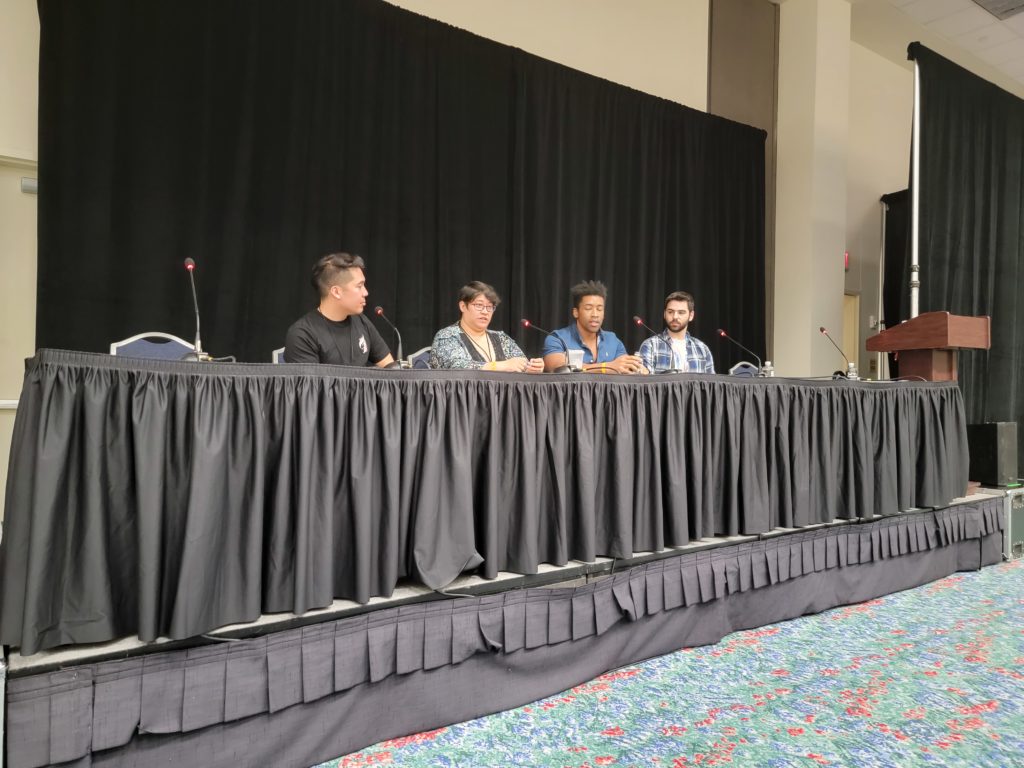
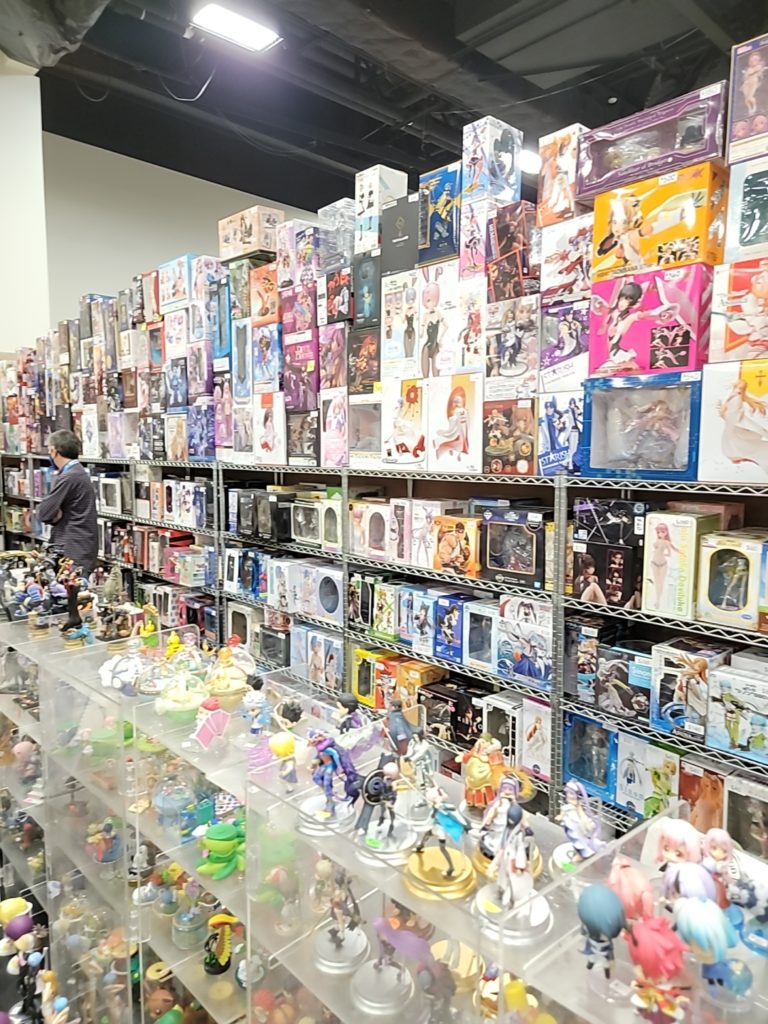
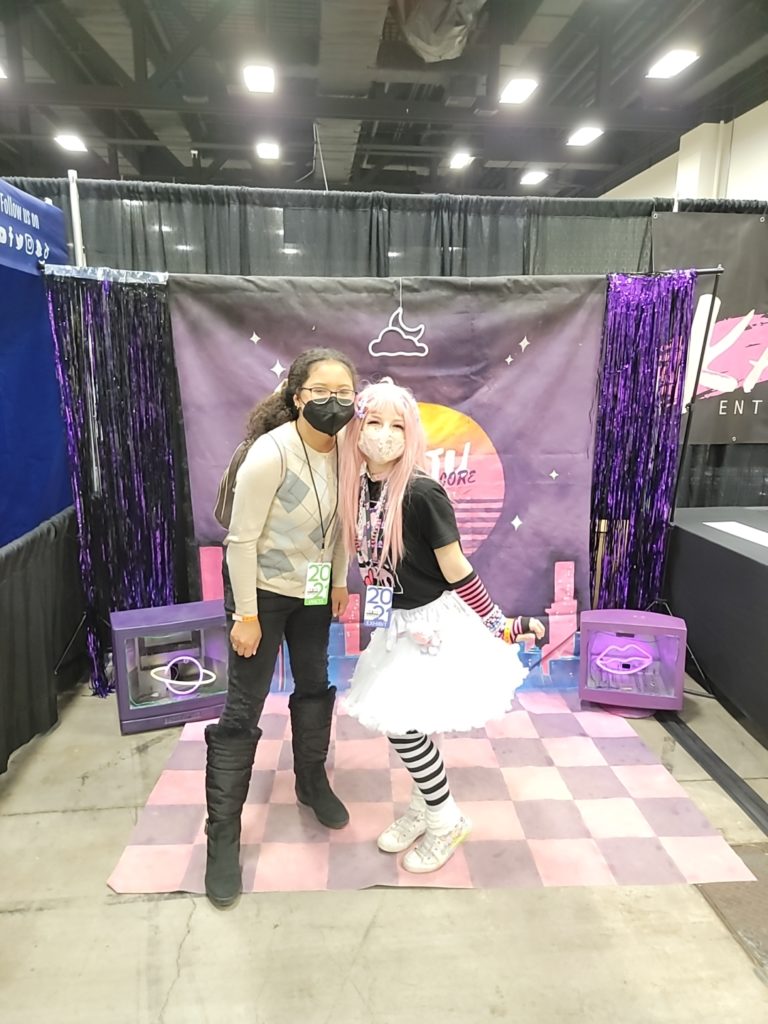
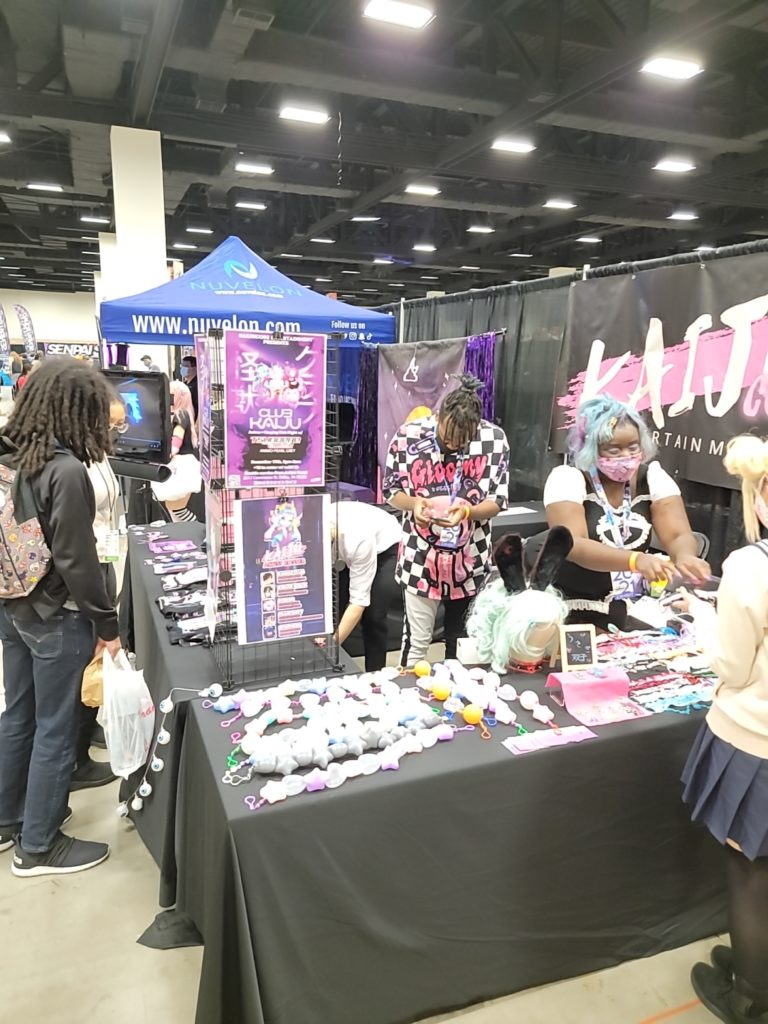
I took time to engage the diverse attendees and vendors who were at Anime Frontier to see why they loved anime. Many shared that they were shaped by the art form early in life and related to the characters' struggles and stories.
But even with this outpouring of love, it still felt that there was a serious problem in the anime industry that, if it wasn't addressed, would seriously harm its ability to continue to grow with younger generations worldwide. During the afternoon of the first day of Anime Frontier, there was a panel discussion on diversity in anime. I eagerly attended with the hope to hear what changes were in store to ensure that the diversity of Gen Z and those generations coming behind us would be embraced by an industry that had honestly seemed far too willing to ignore it.
The diversity panel was led by the amazing and HERstoric Samantha Inoue Harte. Samantha has a very successful career in anime as a voice actor, artist, and running her own production studio. Samantha shared at the start of the panel discussion about her own journey. She shared that “the industry when you start your own studio or if you are going to create your own lane, you have to deal with a lot of hate. You are going to have a lot of people out there who are going to say a lot of mean things about you on the internet.”
As the panel discussion went deeper into the issues of diversity in anime, Samantha offered some insights that shared how important social movements such as Black Lives Matter are to creating change in an industry like anime that has often openly ignored the need for diversity in their shows. “I’m actually really glad that the movement has happened because now there is this push where companies like Netflix, have what's called the inclusivity lens. Where it's like that any content that gets pitched to them has to pass their inclusivity lens,” said Samantha.
Panelist Brian added this stark truth. “Every now and then they will do a rush of supporting POC voice actors or give them a lead role every now and then. But then after one or two shows they will either get replaced or they are that one person in that casting list that gets the roles. And they are like “we can only have one of you guys here”
As the panel discussion was wrapping up, Justin Rojas of Studio Nano added that “I think a lot of it, not just anime specifically but just in business, it's all about risk. People in power want to take as little risk as possible. So, they stick to things they are familiar with. They stick to things that they have already experienced, people they have already worked with. People they understand and aren’t threatened by. They share similar backgrounds. It's a natural thing for people who feel that way. And a lot of people just stick to that and don’t push the barriers because they never had to in their lives. They do what is comfortable, they do what is easy.”
The hour-long panel shed light on the problems that exist in anime around diversity and the internal challenges and changes that are currently being had within the industry due to the courageous individuals willing to risk their livelihoods by challenging the status quo. The fight for diversity is a battle of risks between those who want to limit their risk by supporting the current system that currently looks like a global success and those risking their careers to push an industry to understand that by supporting the status quo they are actually risking alienating, and catching the wrath of, the anime industry’s core generational global audience.
Just as the Kellogg Company has recently had to learn a harsh lesson of falling out of line with the values of a rising generation with growing and significant future economic power, it seems that the anime industry will likely have to face the same issues if they are unwilling to adapt with the demographic earthquake that is Generation Z.
Until these important discussions and challenges are addressed and solved, there are actions that Generation Z members can take to help push change further along. Take a moment this holiday season to watch and like shows on Crunchyroll, Amazon, Netflix, HBO Max, and other media platforms. Amazing shows like HBO Max’s gen:Lock, produced by Rooster Teeth and the amazing Michael B. Jordan, feature a great storyline and character and cast diversity. Binge a show like Funimation’s Michiko & Hatchin to capture anime’s Black Girl Magic. Hulu’s Afro Samurai will entertain with the amazing voice of Samuel L. Jackson. By watching and liking we ensure that our voices are heard in the industry’s algorithms that drive the decision-makers.
Generation Z, we have helped drive anime to global levels of success that few imagined. Our love of this amazing art form is one that also requires that the anime industry show us love back. We can help shape the future of anime that is inclusive and diverse by bringing the same passion that we bring to all other areas of our lives. The time is now to express our expectations and ensure that those who run this industry realize that the risk of alienating us is a significant reason to abandon their old ways.
===
Haley Taylor Schlitz is 19 years old and in her third year at SMU Dedman School of Law. In May of 2019, she became Texas Woman's University's youngest graduate in history when she graduated with honors with a Bachelor of Science degree from Texas Woman's University College of Professional Education. She is also the host of the online show Zooming In w/Gen Z. Follow all her endeavors on Instagram and Twitter.
